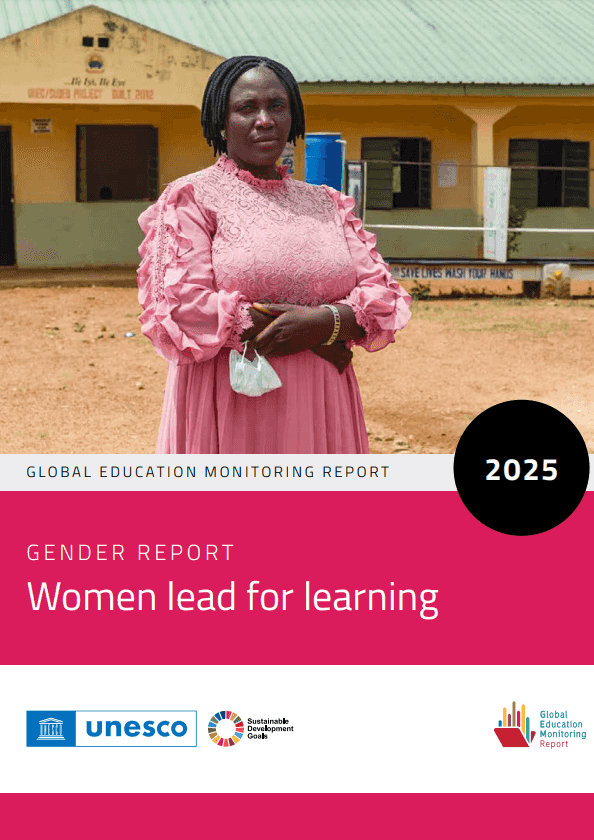In a critical review of progress on gender equality since the 1995 Beijing Declaration and Platform for Action, Women’s Rights in Review: 30 Years After Beijing—published by UN Women—assesses global achievements, setbacks, and emerging challenges in advancing women’s rights. Released in the lead-up to the 30th anniversary of the landmark agreement, the report calls for transformative action to close persistent gender gaps and confront intersecting crises, including climate change, economic inequality, and digital exclusion.
Key Insights from the Report
Stalled Progress on Gender Equality
Despite gains in education, health, and legal reforms, progress on key indicators such as women’s political participation, labor force inclusion, and protection from violence has been uneven and often slow. Deep-rooted structural inequalities continue to limit women’s full rights and freedoms.
Backsliding Amid Global Crises
The report warns of gender equality setbacks linked to global shocks such as the COVID-19 pandemic, economic instability, armed conflict, and climate-related disasters. These crises have exacerbated unpaid care burdens, increased gender-based violence, and widened income disparities.
Political Representation Remains Unequal
Women hold only 25% of parliamentary seats worldwide, and just 10% of heads of government are female. The report stresses the need for stronger enforcement of gender quotas and leadership pipelines to ensure parity in decision-making roles.
Labor Market Gaps Persist
Women’s labor force participation remains 27 percentage points lower than men’s globally, with over 60% of women in vulnerable or informal employment. The report emphasizes policies such as parental leave, wage transparency, and care infrastructure.
Digital and Climate Justice Are New Frontiers
The report highlights the urgent need to bridge the digital gender divide and integrate gender equality into climate action frameworks, ensuring women have equitable access to technology, finance, and green jobs.
Call for Renewed Global Action
UN Women calls for bold, coordinated efforts to implement the Beijing Platform’s commitments, including through feminist economic recovery plans, inclusive governance, and sustained investment in gender equality programs.








